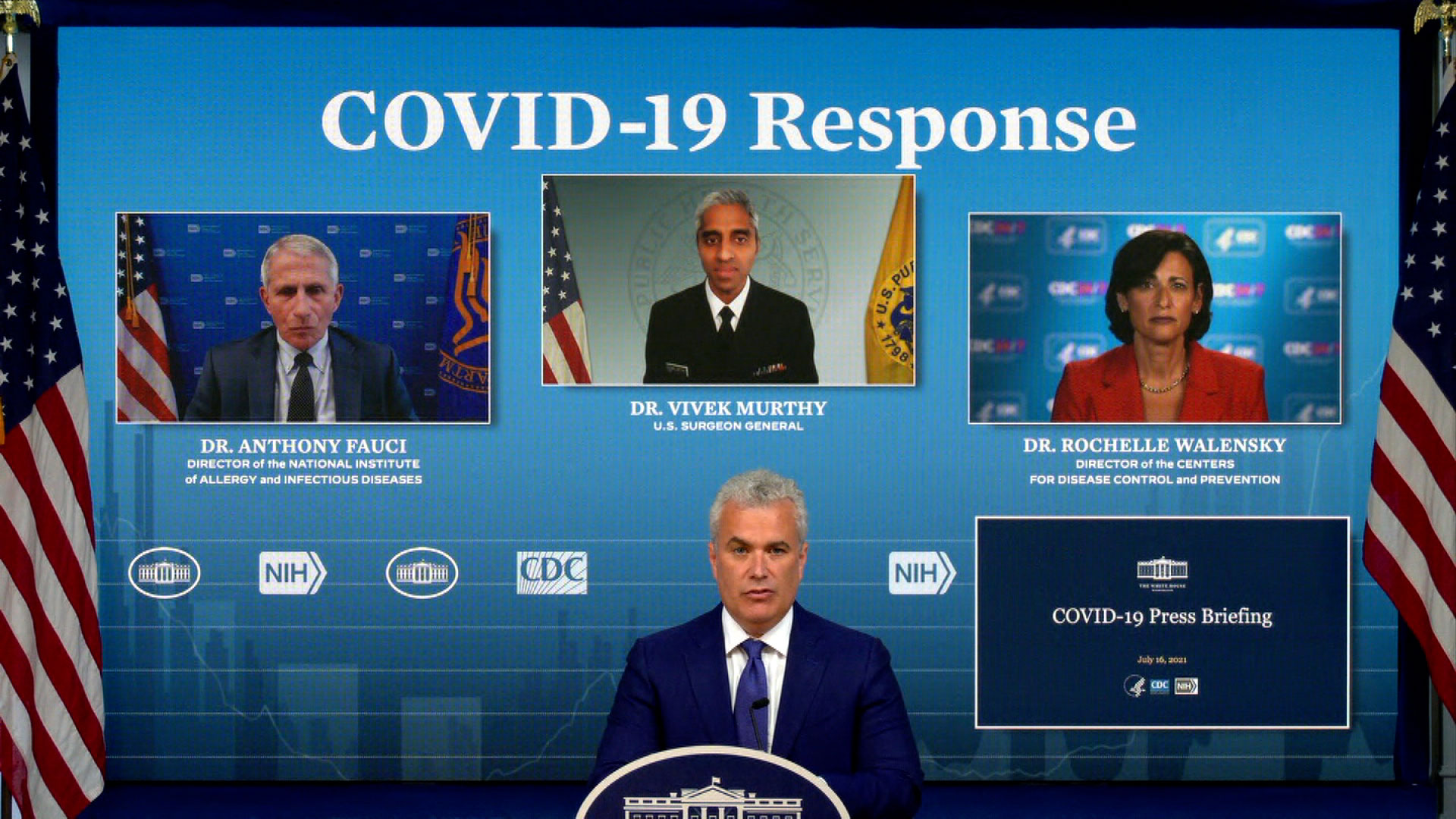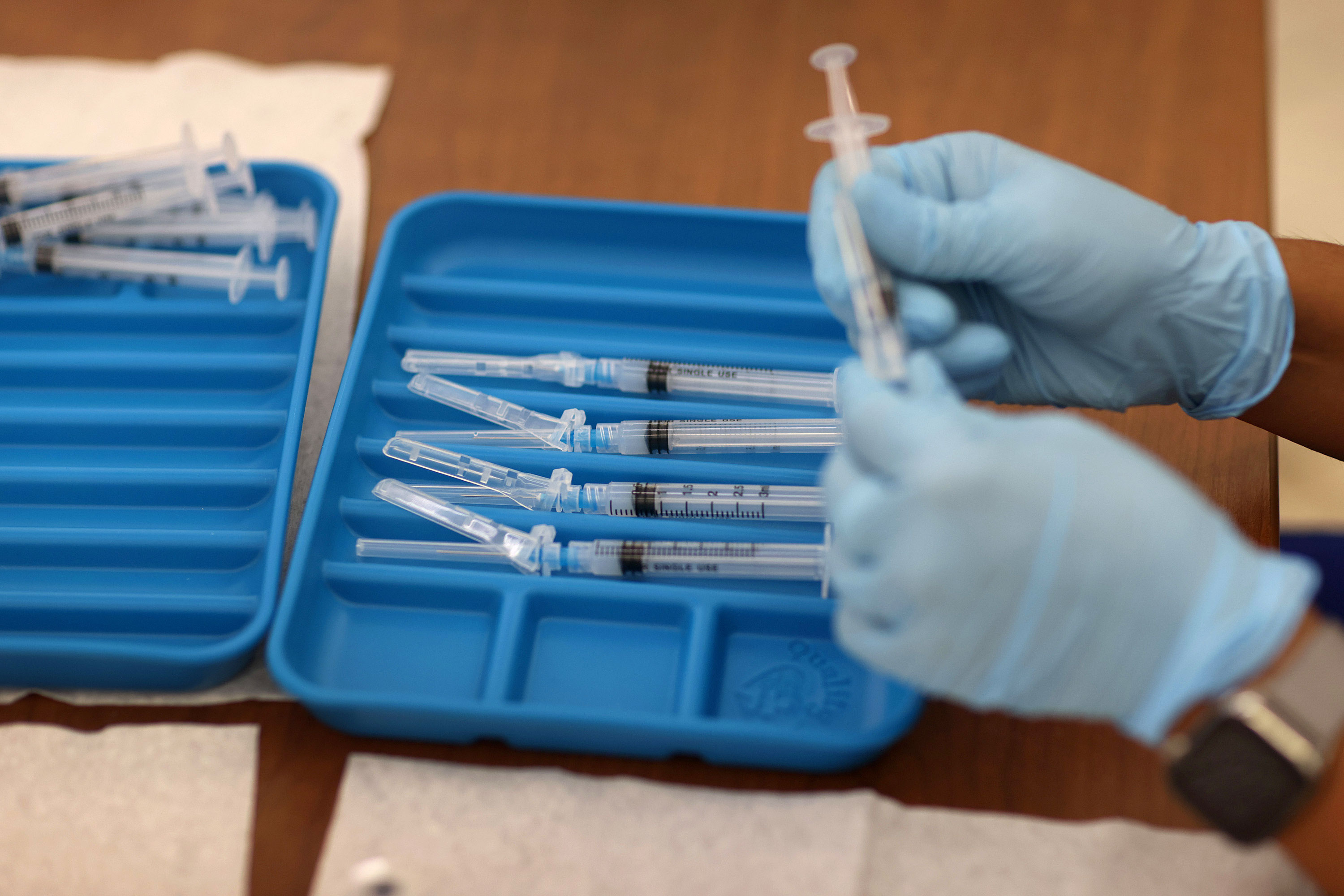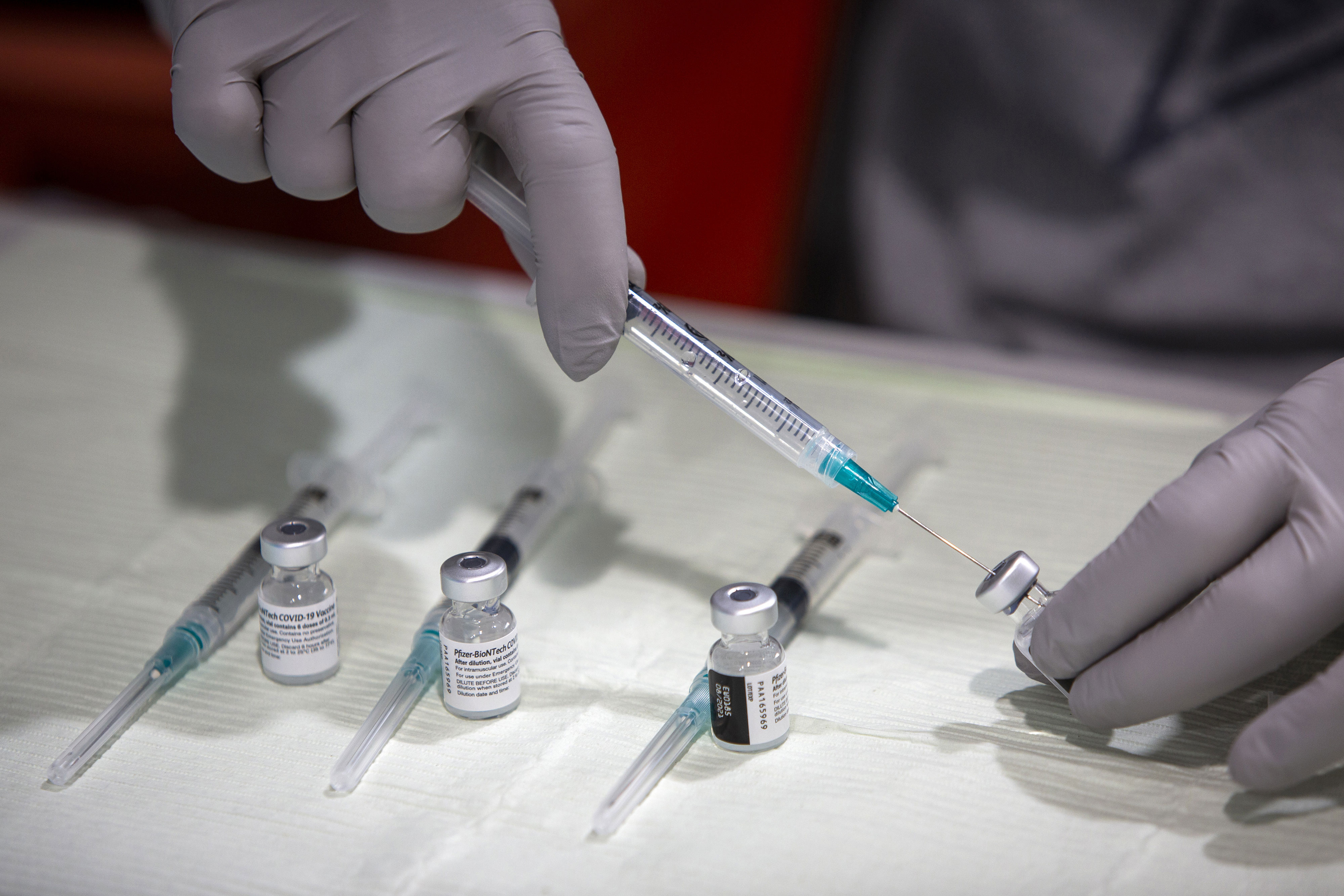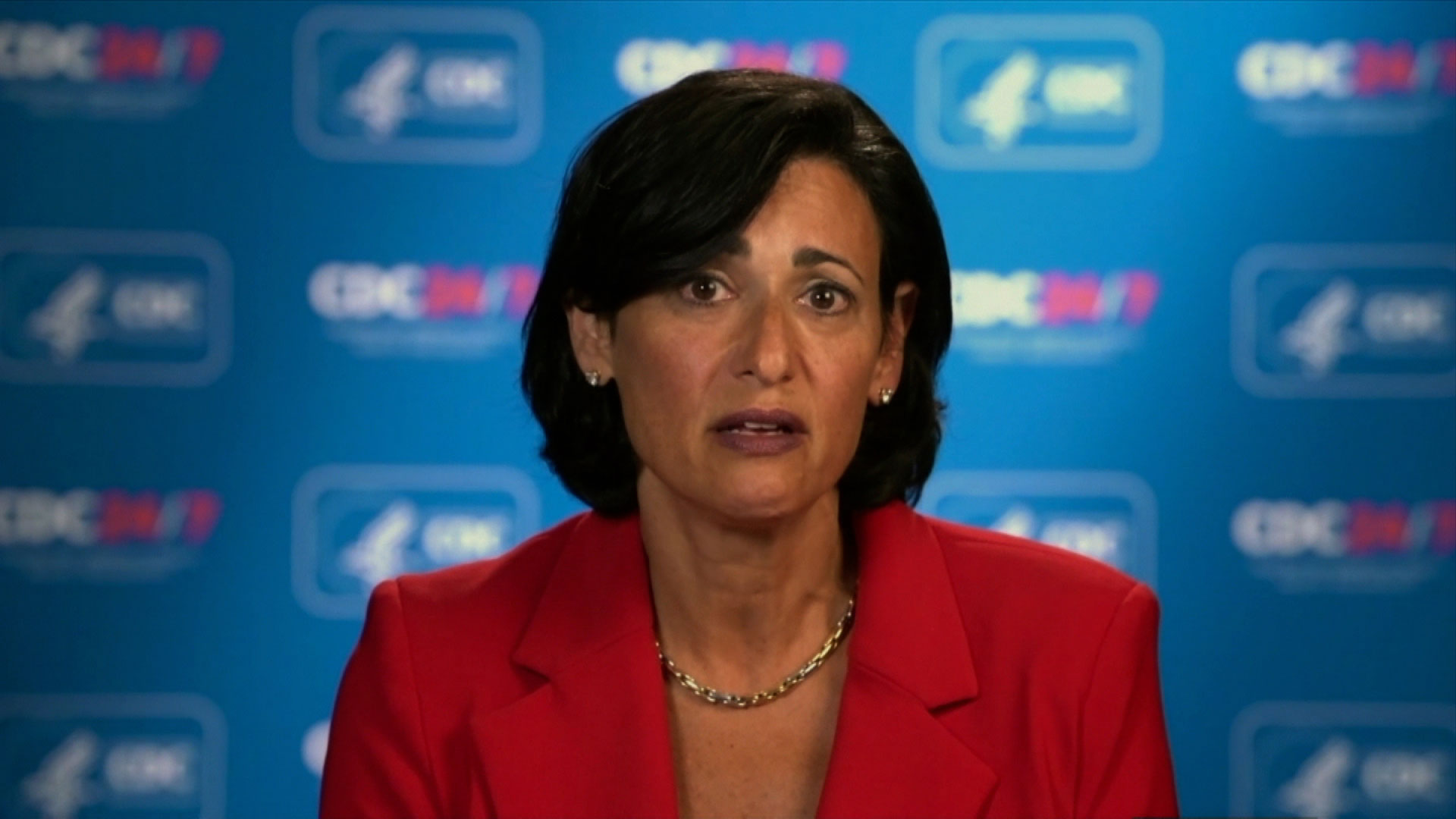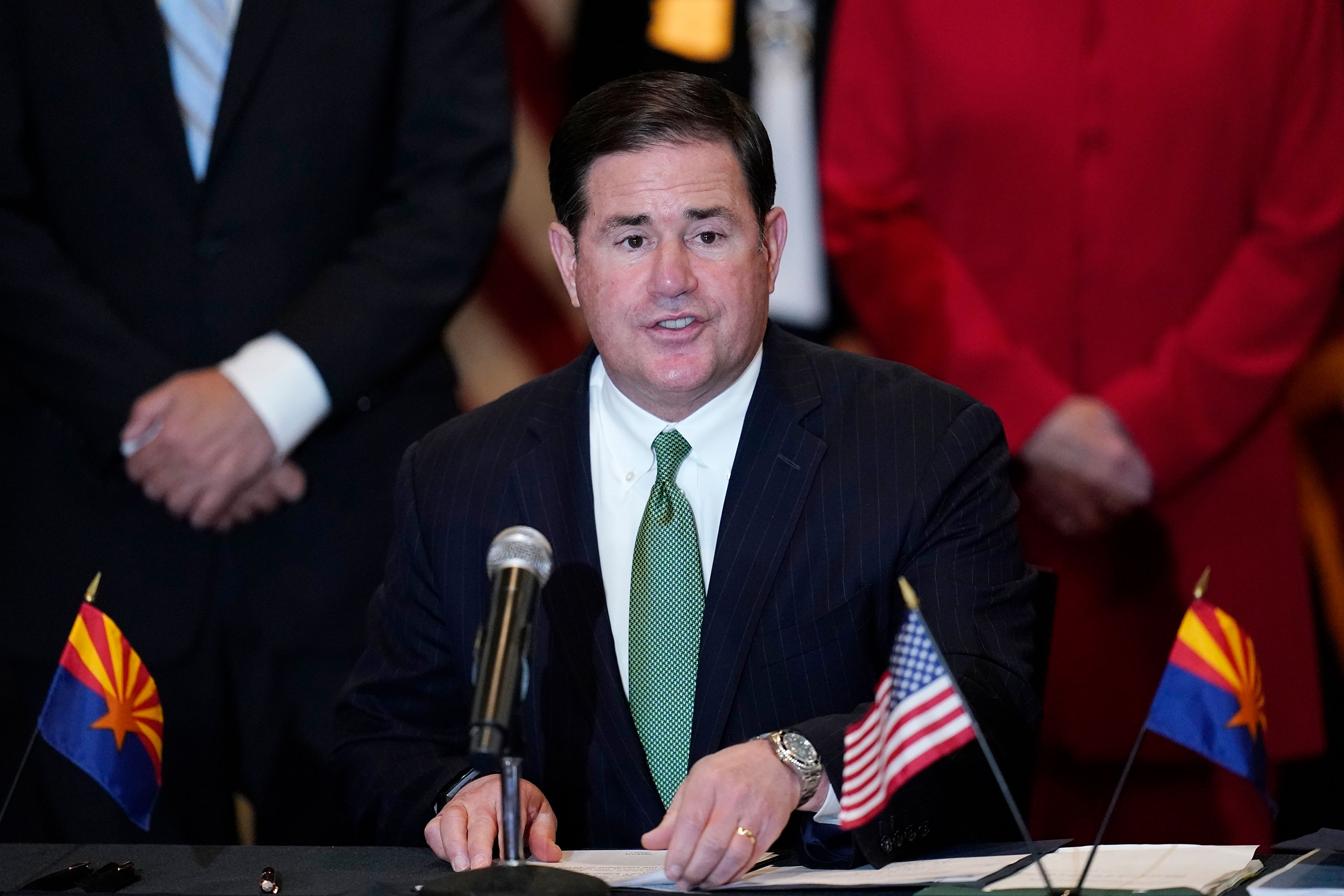
Arizona’s governor has told two school districts their policy requiring unvaccinated students exposed to Covid-19 to quarantine is against state law.
Gov. Doug Ducey’s education adviser sent a letter to two school districts stating the mandatory quarantine practice is contrary to state law because Arizona does not require students to be vaccinated or wear a face covering to attend school.
Ducey’s office sent the letter and tweeted it after the Catalina Foothills Unified School District No. 16 of Pima County and the Peoria Unified School District No. 11 of Maricopa County sent out guidance to parents ahead of the school year.
“The policy must be rescinded immediately,” Ducey’s education adviser Kaitlin Harrier wrote to the two school districts.
Ducey’s letter has stoked tensions at a time when students and teachers are preparing to return back to school amid rising Covid-19 case numbers and concerns by some in the state that Ducey is turning return to school policies into a political football.
Lawyers hired by the two schools responded by saying the schools are in “full compliance” with the law and do not require vaccines or face coverings. And with regard to quarantine measures for unvaccinated students, they are merely following state health and US Centers for Disease Control and Prevention guidelines when it comes to quarantining after Covid-19 exposure.
Arizona’s health department has issued guidance which notes that “a person who had known close contact with a confirmed COVID-19 case should quarantine for 14 days from their last exposure to the case. However, individuals may be eligible for shortened quarantine or may not be required to quarantine if certain conditions are met.”
Nothing “restricts a school district from following guidance provided by federal, state and local public health authorities with regard to students who have been exposed to COVID-19,” lawyer John C. Richardson wrote in response to the governor’s letter.
“These authorities uniformly provide that a temporary quarantine is the appropriate course of action except for students who can demonstrate that they have been fully vaccinated. It would not be appropriate or reasonable for school districts to ignore these public health standards, and [state law] does not mandate that they do so,” the letter also said.
The law firm is asking the governor’s office to rescind their letters, arguing the districts aren’t acting unlawfully.
“Simply stated, a student's temporary quarantine in conformance with guidance published by the CDC, the Arizona Department of Health and the Pima and Maricopa County Health Departments does not violate either the letter, or sprit of [the state law],” the lawyer for the school districts wrote. “Instead, this practice promotes public health.”
The Arizona Department of Education’s state superintendent and the Arizona School Boards Association (ASBA) both blasted the letter issued by Ducey’s administration.
Arizona State Superintendent Kathy Hoffman said the governor has actually left students vulnerable because of the prohibition of masks and vaccine required and that means many schools have “limited lines of defense against the virus.”
“A quarantine period for exposed, unvaccinated individuals is one of the only tools left to maintain a safe in-person learning environment,” Hoffman said in a statement to CNN. “Schools have a responsibility to ensure that our young, unvaccinated students are not needlessly exposed to COVID-19 or any other illness. I applaud public school districts and charters for following the guidance of public health officials to ensure student and staff safety this upcoming school year.”
The ASBA declared Ducey’s directive as “nonsensical” and said it “is in direct conflict with the guidance of his own department of health services, and places students at risk for political gain.”
The ASBA said it continues to advise schools to follow the state health department policy.
“Arizona’s school districts are tired of being the battleground for a political argument over response to COVID that has nothing to do with science or public health,” the group wrote in a statement to CNN.
Hoffman added that it was “beyond frustrating” that Ducey single out schools in contradiction of current guidance “just says before the next academic year starts for many schools.”
“I am tired of Arizona’s public schools being a leverage point for the Governor’s political conversation on COVID-19 that growingly has nothing to do with science or public health,” Hoffman wrote.



